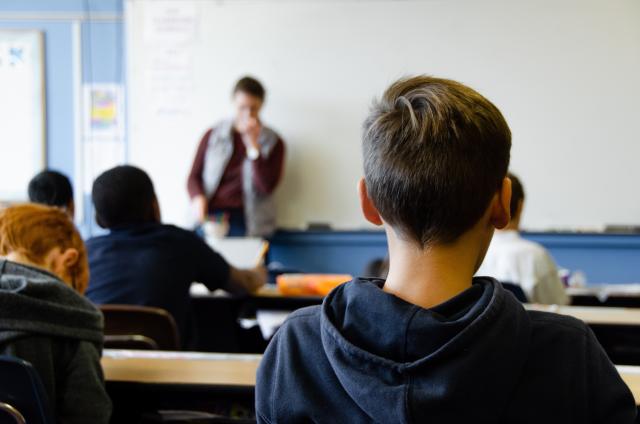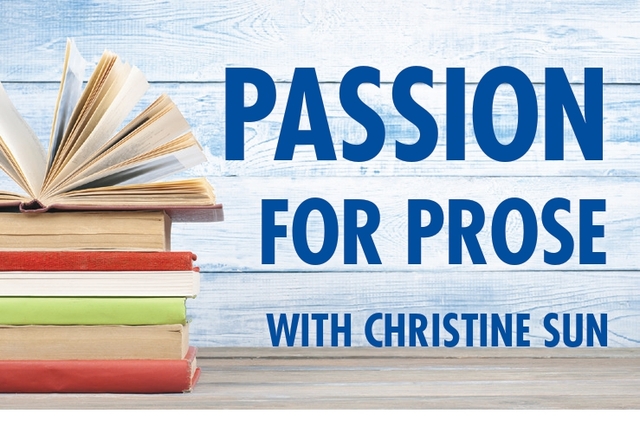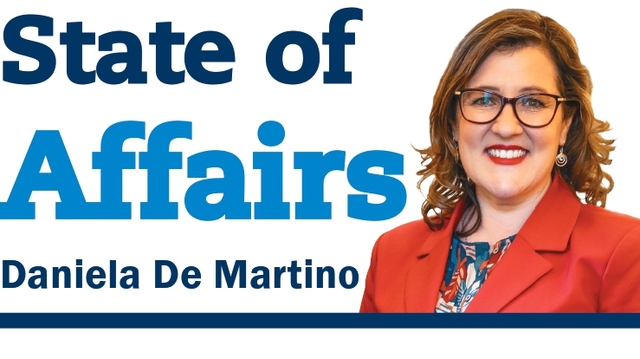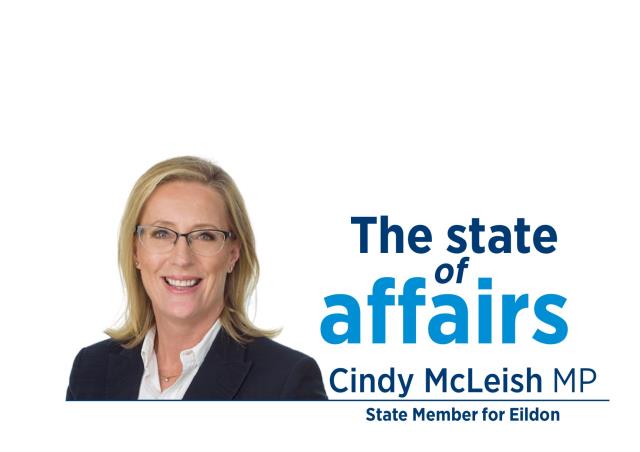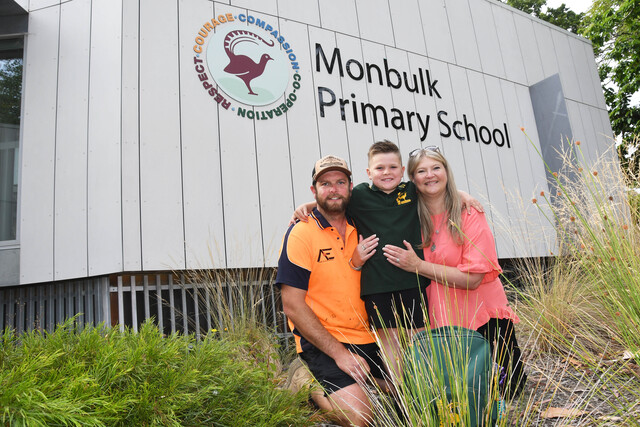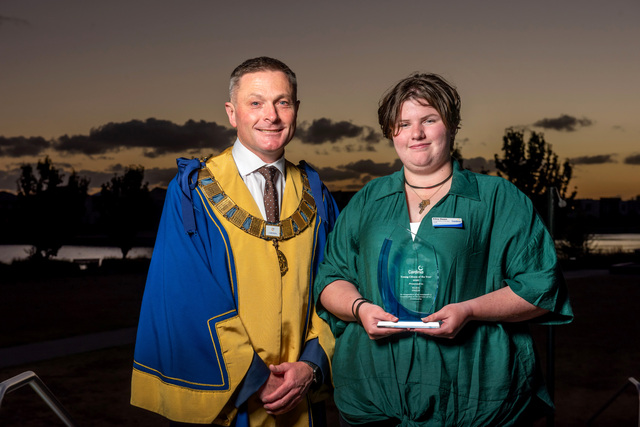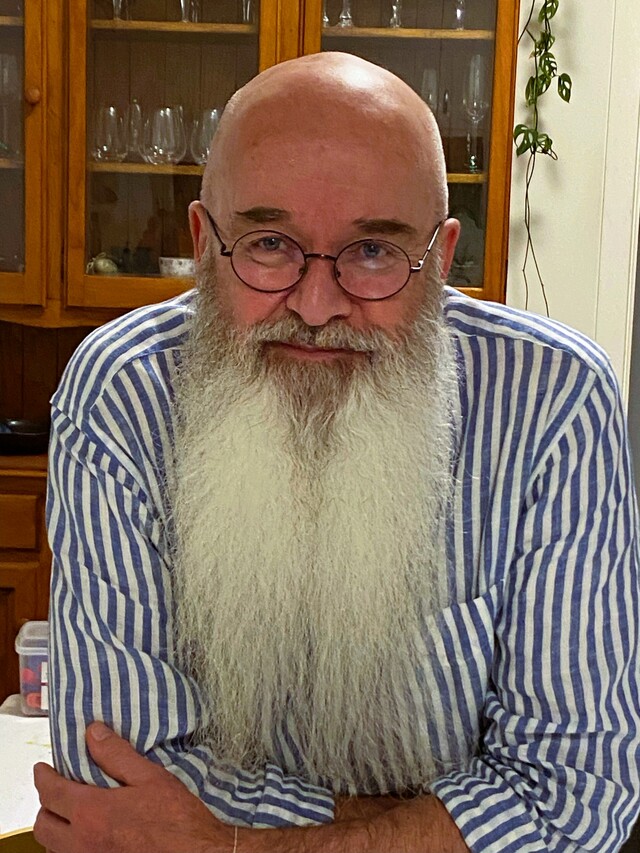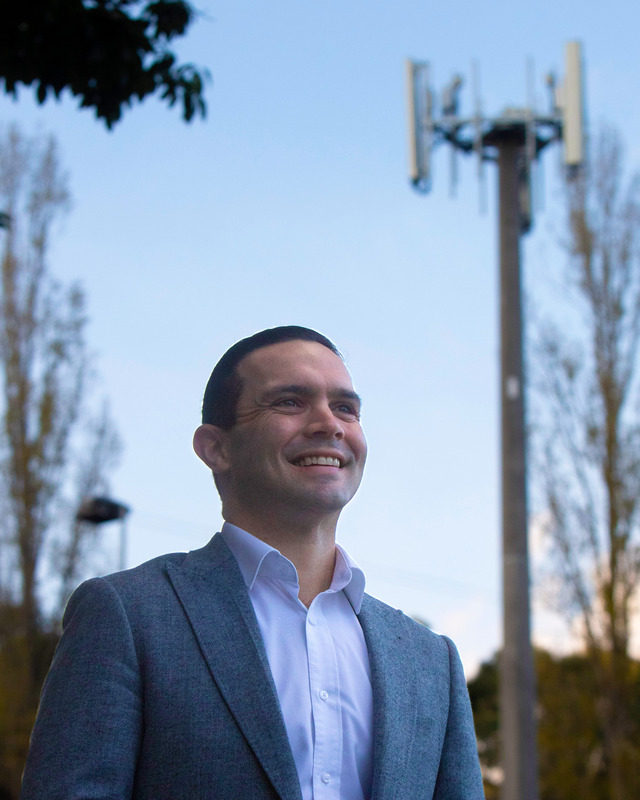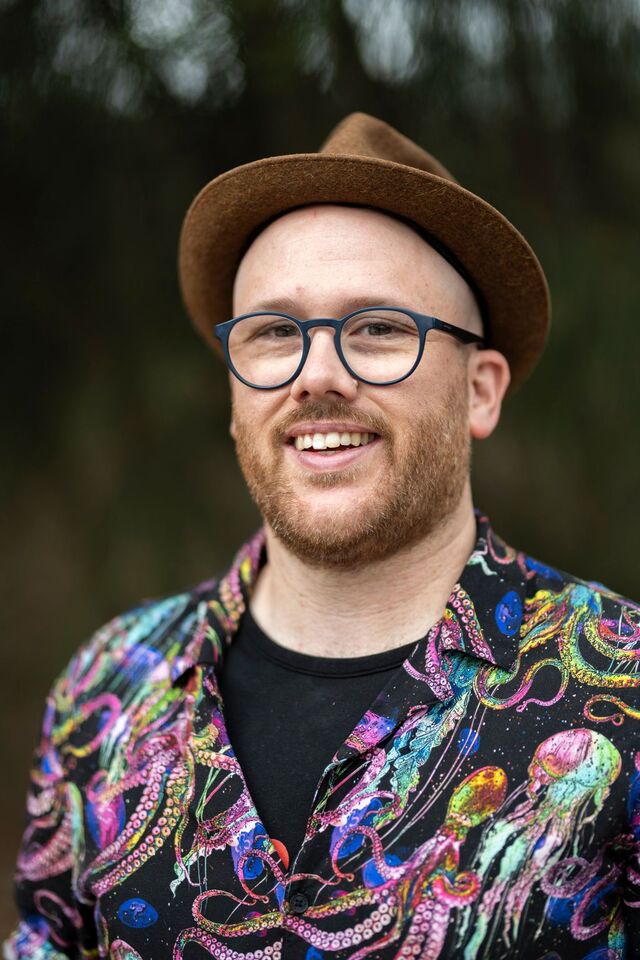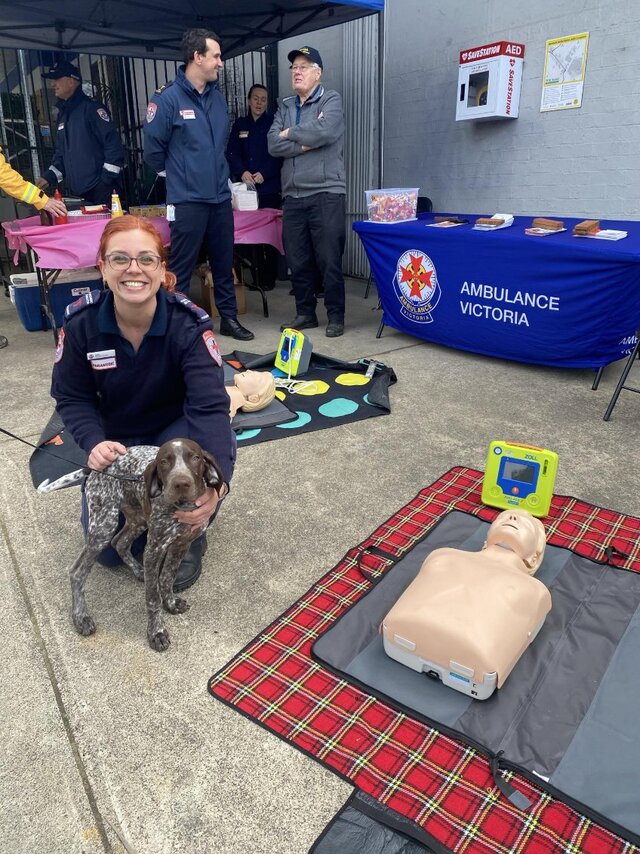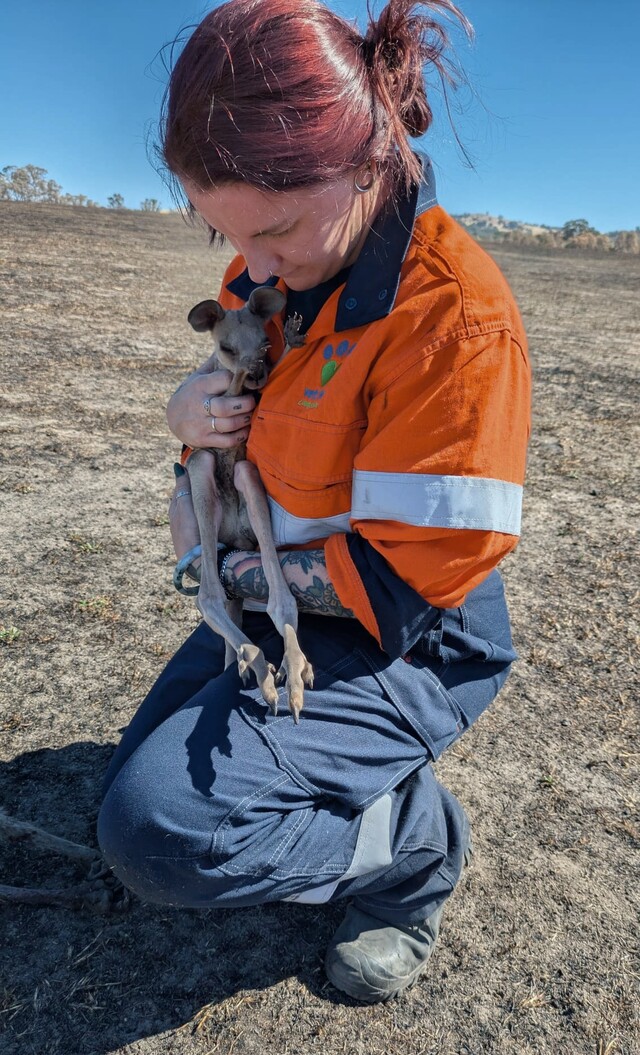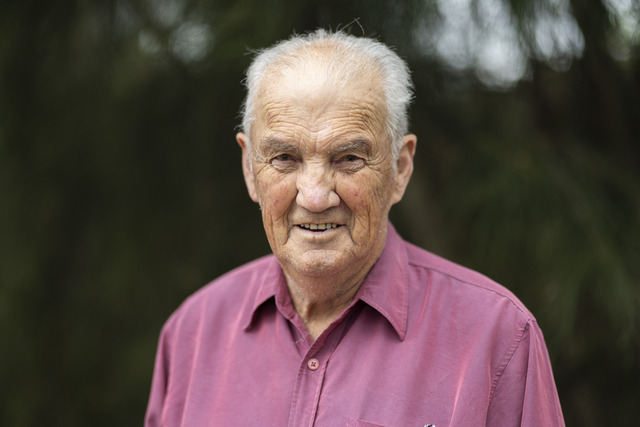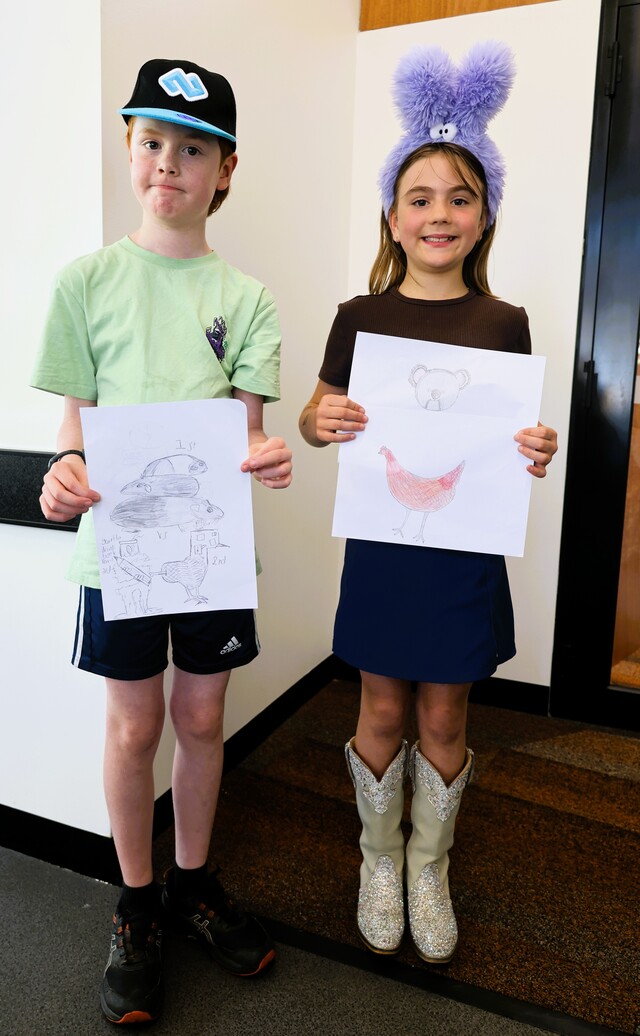A Seville East family is demanding accountability after their 18-year-old autistic son was sent home from school in the Dandenong Ranges bloodied, bruised, and virtually unrecognisable, with his father describing him as looking “like he’d just come out of a boxing match with Mike Tyson.”
The now 19-year-old, Lachlan, who is non-verbal and lives with a significant intellectual disability, had never displayed such extreme behaviours at home.
His parents say the school failed to notify them of escalating incidents, and they were never provided with an up-to-date behaviour support plan, despite clear warning signs.
“It was just so heart-breaking,” Lachlan’s father, Daryl, said.
“We’ve got three kids, and he’s the youngest. We put so much effort into him, unfairly, probably, to the other two. 90 percent of our time was focused on keeping him happy, safe, supported and it was working, he was going well.”
“And then suddenly, he started coming home like that. He had blood on his face, bruises, a swollen lip. I just looked at him and said, ‘What the hell is going on?’ It looked like he’d just come out of a boxing match with Mike Tyson and no one could give us a straight answer.”
According to Daryl, the school never called an ambulance, and the family wasn’t informed of the incident until after Lachlan came home visibly injured.
“We weren’t even told and you’ve got to understand, this is a kid who can’t tell us what happened,” he said.
“He can’t say, ‘This person did this’ or ‘This is why I was upset.’ We rely entirely on the people around him to be transparent, and we got nothing.”
“When we asked for the behaviour support plan, they sent through one that was two years old, that’s all they had. It said things like, ‘If he hits his head once, do this. Twice, do that.’ There was nothing in there about what was causing the behaviours, nothing about preventing it, just what to do after the damage is already done.”
The family is now pursuing legal action through the Victorian Civil and Administrative Tribunal (VCAT), arguing their son’s treatment was not only unacceptable but part of a broader systemic failure.
A long-time disability advocate supporting the family, Julie Phillips, said Lachlan’s case is sadly not unique.
“As a human being, I was appalled,” she said.
“And as an advocate, I’m just despairing. It is exhausting to see government schools, especially those that label themselves ‘specialist’ dealing with disability-related behaviours with such incompetence and violence, year after year.”
“Victorian government schools, particularly the segregated ones, simply don’t have the expertise to support students with severe behaviours of concern and they don’t try to. Instead of bringing in experts or forming multidisciplinary teams, they rely on outdated, harmful responses, and that’s what happened to this boy.”
Ms Phillips said she was not surprised the school failed to notify Lachlan’s parents at the time of the incident.
“The Victorian Department of Education’s first priority is the reputation of their teachers,” she said.
“Schools know that, if they can hide what they’re doing, that is their preferred option. Many of these schools have already been sued over violent incidents involving students with disabilities and they just keep going.”
The Department of Education issued the following statement:
“The safety and wellbeing of all our students is the highest priority in Victorian schools.”
“As this matter is now before VCAT, it is inappropriate for the Department to comment further.”
But Daryl said the school had no clear procedures and when pressed on how they planned to prevent future incidents, the responsibility was pushed back onto him.
“They kept saying, ‘Well, what do you want us to do?’” he said.
“And I’d tell them, ‘That’s your job. You tell me what your procedures are. You’re the experts, right?’ But they had nothing.”
“They couldn’t even tell me what to do if he started hurting himself. I said, if he was being attacked by another kid, you’d have to step in. If he’s attacking himself, you’ve still got to protect him. But they didn’t have a plan. And even when I begged them for one, they didn’t send it. Eventually, after I went to the Department, they gave me something and it was useless. Just a few lines about when to intervene – nothing preventative.”
The emotional toll on the family has been immense.
Daryl was forced to stop working to care for Lachlan full-time, and they are now working towards setting Lachlan up to live independently with appropriate 24/7 care.
“Most kids like Lachlan, after something like this, they end up in residential care,” Daryl said.
“The families just burn out. We’re lucky that we’ve had good people help us, but it’s been a hell of a fight.”
When asked what outcome he hopes for from the legal process, Daryl had one word: “Accountability.”
“I don’t want this swept under the rug like it has been for so many others,” he said.
“Because most parents, they don’t have the fight left in them. They’re too busy trying to survive.”
Julie Phillips echoed that sentiment.
For Daryl, the answer lies in prevention and compassion.

